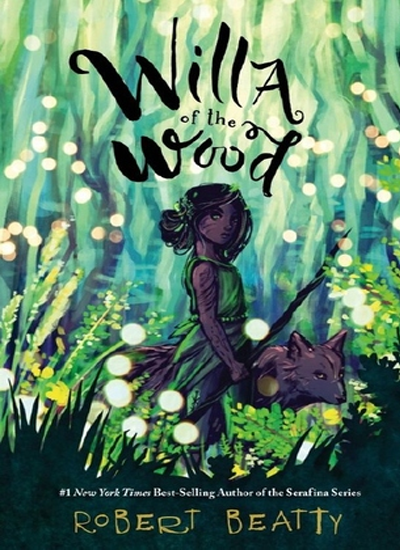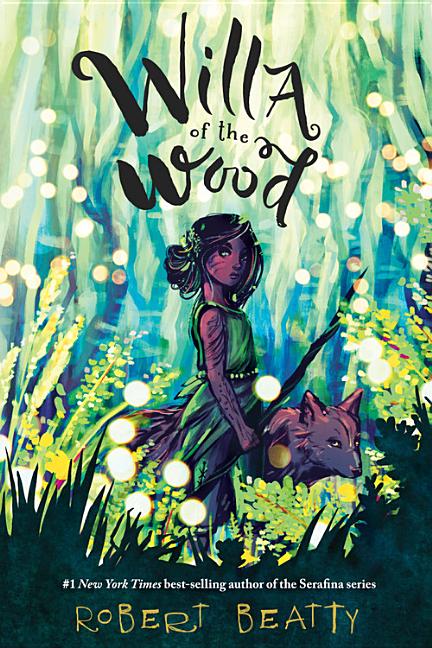


Not that there aren’t pranks and envelope-pushing quips aplenty. Sure signs that the creative wells are running dry at last, the Captain’s ninth, overstuffed outing both recycles a villain (see Book 4) and offers trendy anti-bullying wish fulfillment. Beatty writes a close third-person narration from Willa’s perspective, allowing readers to see the various humans she encounters through her eyes: the Cherokee the Faeran predated but live peacefully alongside the day-folk the jaetters steal from and the loggers and developers who do violence to them all-and with whom the padaran has more in common than he should. As she sets out to unravel this mystery, she grows to understand the power of individual choice and of standing up for what’s right. Willa flees to Dead Hollow, where she is shocked to discover a young Cherokee boy along with many other human children imprisoned.

When the human man sees that she’s so gravely hurt, he tries to help-to her shock. One night, Willa breaks into a homesteader’s cabin and is badly wounded. Instead, Faeran children are forced to speak Eng-lish and drafted into his fearsome army of trained hunter-thieves called jaetters, who must steal from the day-folk, or white homesteaders. Under the rule of the padaran, the old ways of speaking to animals and plants, foraging and caretaking, and using the old language are forbidden.

Ruled over by their fearsome leader and god, the padaran, the Faeran are a woodland race who once numbered in the thousands, living on the Smoky Mountain as stewards of the forest. She and her mamaw live in Dead Hollow with hundreds of her dwindling Faeran clan. The old sourwood trees, the rushing streams and rivers, and the great mountain are home to 12-year-old Willa.


 0 kommentar(er)
0 kommentar(er)
